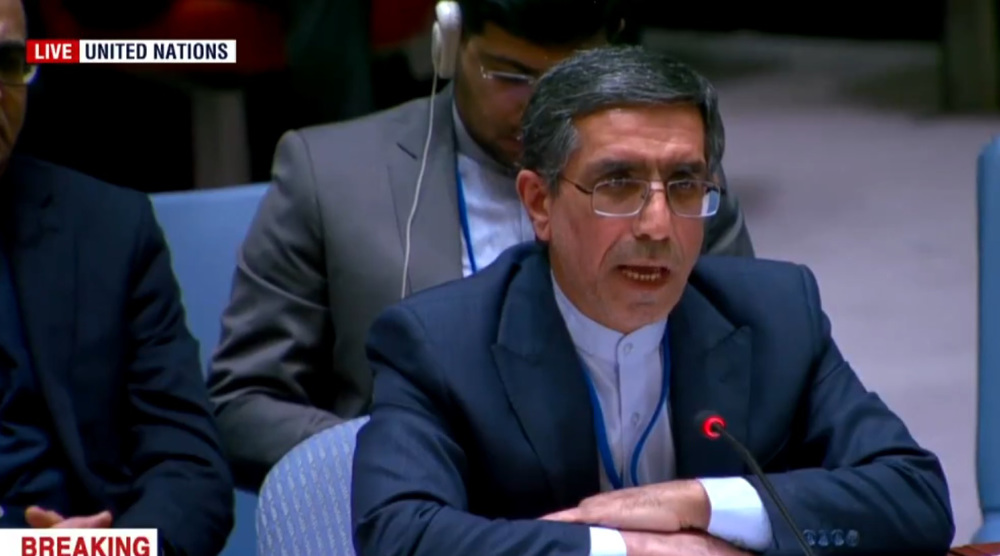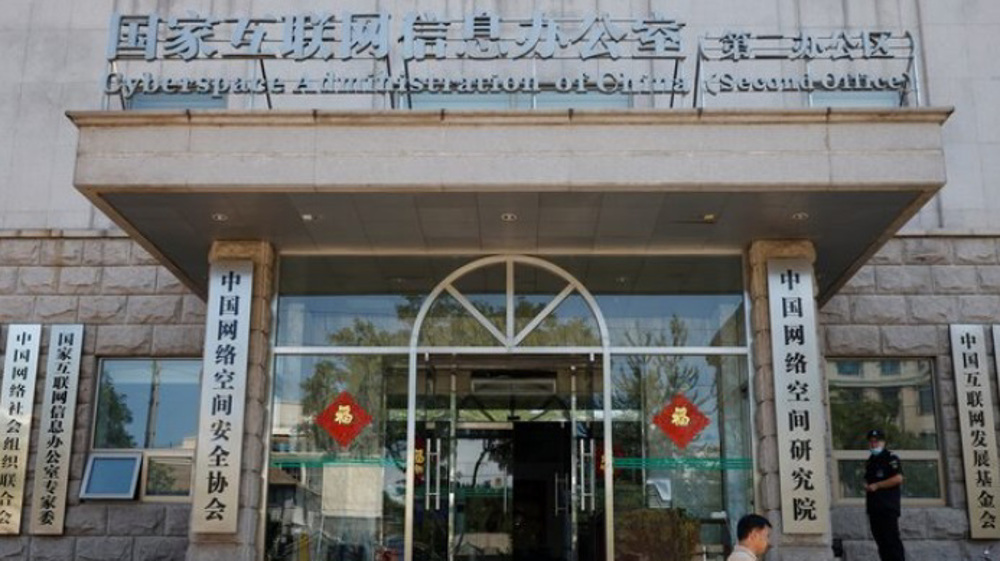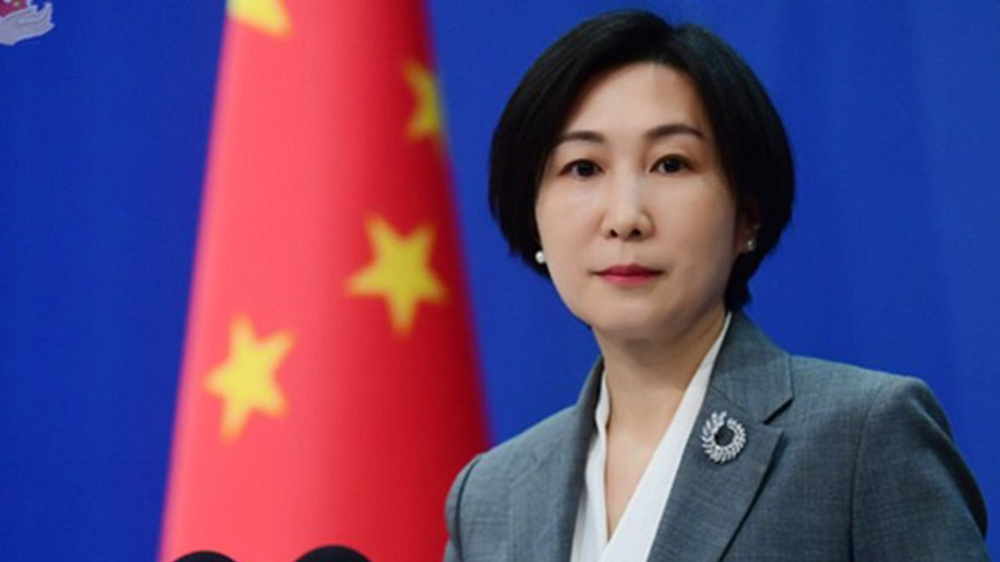China’s major banks implement UN bans against North Korea
China’s biggest banks have suspended financial transactions for North Korean clients after the UN Security Council imposed a new round of sanctions against Pyongyang.
Employees at several branches of China’s "big four" banks - Industrial and Commercial Bank of China, Agricultural Bank of China, Bank of China and China Construction Bank - confirmed the financial restrictions on North Korean clients, AFP reported on Tuesday.
China’s banking restrictions against North Korea have been gradually introduced over the past year, reports say.
The development comes after the UN Security Council unanimously voted to adopt fresh US-backed sanctions against North Korea over its nuclear tests on Monday. Washington agreed to revise its initially proposed resolution following concerns by Russia and China.
Read more:
The resolution is the eighth against Pyongyang since 2006. So far, harsh sanctions have been imposed on the North over its ballistic missile and nuclear programs.
The previous round of sanctions was adopted just last month after Pyongyang launched two long-range missiles in July.
While according to a 2013 Security Council resolution member states must restrict financial transactions that could fund Pyongyang’s nuclear weapons program, China has long been accused of lax enforcement of the sanctions against North Korea,
China, however, has underscored its commitment to the UN bans. Since February, Beijing has halted North Korean coal imports, banned new investments and stopped importing iron, seafood and lead from its neighbor.

The initial draft of the latest UN resolution had proposed a “progressive” oil embargo on Pyongyang, and called for a travel ban and asset freeze against the North’s leader Kim Jong-un, along with four other North Korean officials, as well as restrictions on the country’s exports of textiles and the hiring of its laborers abroad.
However, China and Russia agreed to support the resolution only after Washington toned down its original proposal.
The final version dropped the call for blacklisting Kim, and only lists one of the four officials. The oil embargo was also excluded from the final text, which instead seeks a ban on condensates and natural gas liquids.
It also keeps the proposal for restrictive measures against textile exports, which were North Korea’s second-biggest export after coal and other minerals in 2016.
The resolution also no longer urges an asset freeze on the military-controlled national airline Air Koryo.
Russia and China have repeatedly called for a dialogue between North Korea, on the one side, and the US allies, on the other side, whereby Pyongyang would suspend its weapons program in return for an end to joint military drills by the US and South Korea.
Punitive measures have so far failed to stop the North’s nuclear weapons program. Pyongyang says it needs to continue and develop its military program as a deterrent in the face of hostile policies by the United States and its regional allies, including South Korea and Japan.
The North conducted its sixth and biggest nuclear test on September 3. The hydrogen bomb was about three times more powerful than America’s atomic bomb that destroyed Hiroshima in 1945.
The explosion was felt by residents in Chinese cities hundreds of kilometers from the border. According to international seismic agencies, it created an artificial 6.3-magnitude earthquake.
On Monday, North Korea warned Washington against a new round of sanctions and said its retaliatory measures “will cause the US the greatest pain and suffering it had ever gone through in its entire history.”
Arab rights group urges UK to sanction Netanyahu over 'incitement to genocide' in Gaza
‘Political, non-constructive’: Iran slams UNHRC special session on recent riots
Forced evacuations in South Gaza as Israeli military expands control over land
Iran reports steep rise in exports after forex policy shift
Iranian bank loans up 47.2% y/y in Apr-Dec
Macron slams Trump’s ‘bullying’ as US threatens tariffs, pushes Greenland grab
Israeli rape victim and former captive says Hamas felt safer than Israel
VIDEO | Press TV's news headlines












 This makes it easy to access the Press TV website
This makes it easy to access the Press TV website